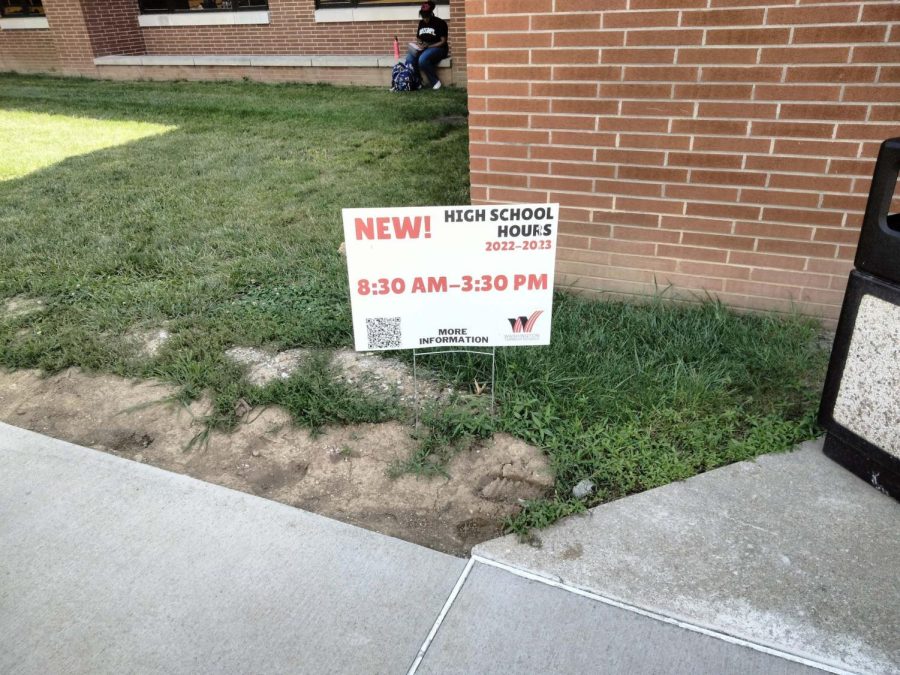The start time change: a bad idea
August 19, 2022
Among the various changes to NC this year, one that affects everyone is the start time being changed from 7:20 a.m. to 8:30 a.m.. Having a later start time comes with some pros, but the cons arguably outweigh them entirely.
Various studies suggest that pushing back start times improves sleep duration and academic outcomes for students. However, looking further into the research, it is clear these improvements are technical and not very substantial.
One of the more commonly referenced studies found a one hour later start time led to an average of 34 more minutes of sleep and a 4.5% increase in grade average per student. While these are benefits, I believe they do not outweigh the negative aspects of the later start time.
Students with after-school responsibilities such as sports, jobs and homework will have less time to dedicate to these tasks before it gets unreasonably late. Students will either run out of time to do what they need to do, or stay up later to get these tasks done.
An analysis conducted by Jeffrey Groen and Sabrina Pabilonia of the Monthly Labor Review supports this line of reasoning. They found a later start time increased nighttime sleep by 36 minutes, but did not affect daily sleep due to decreased napping. Regarding time allotment, the study reported that there was no change in time spent on after school activities, but a significant decrease in time spent on leisure activities for students.
That same study also reported that there was no significant change in academic performance, student health or student tardiness.
Generally speaking, it is better to have more time after school than before school to get things done. Completing tasks earlier in the day allows for more mental acuity and effort to be put into any given responsibility. This also grants more flexibility as to what students can do after school regarding jobs, sports and hobbies.
There is also the issue of elementary students having to wait in the dark for buses, which is a reality during certain months of the year. Waiting in the dark is more dangerous than in the daylight due to the risk of cars not seeing you and the increased level of crimes. If any age group must be waiting at a dark bus stop, it would make sense for high schoolers to do so, not kindergarteners.
Personally, I don’t think the marginal to non-existent benefits of the start time change offsets the clear drawbacks. The change doesn’t solve any problems to a meaningful degree, but does create more issues.





